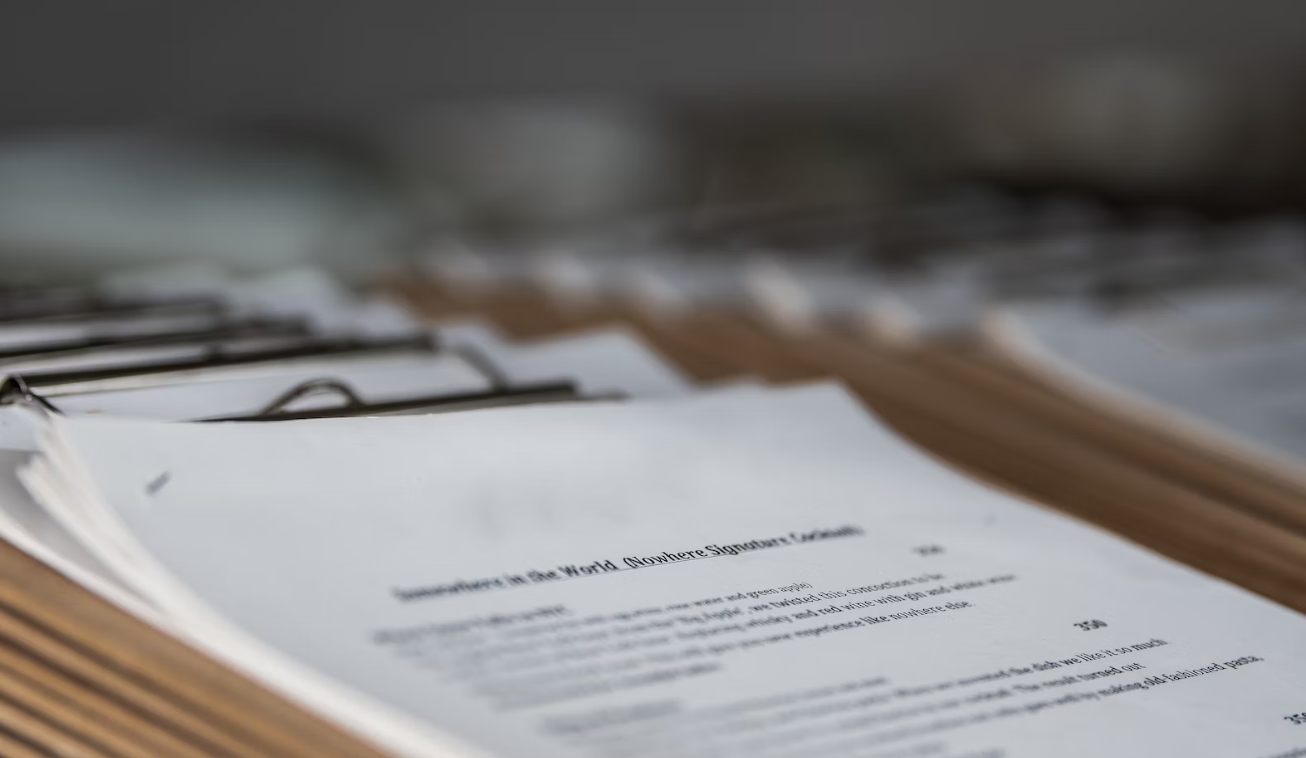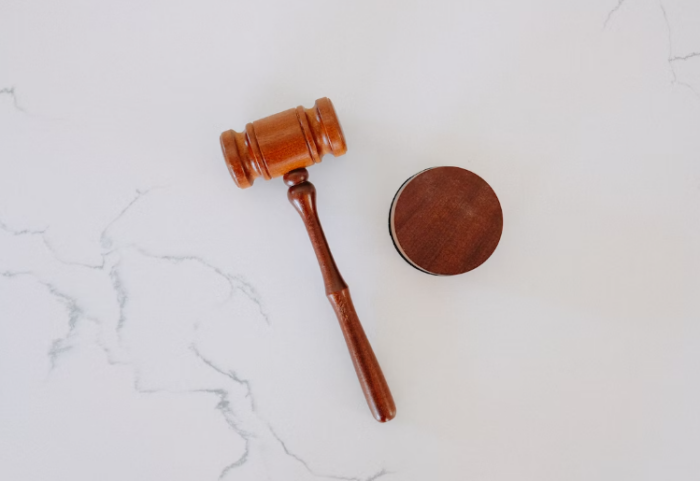24 May Statutory Declarations in Australia


Statutory declarations play a vital role in legal and administrative matters across Australia. Whether used to verify personal details, confirm facts in legal disputes, or support employment-related claims, a statutory declaration is a legally binding statement that must be made truthfully. Given the serious legal implications of providing false information, it is essential to understand the requirements and consequences associated with statutory declarations.
This article provides a comprehensive overview of statutory declarations, including their purpose, legal framework, key differences from affidavits, the role of authorised witnesses, and the evolving rules regarding online witnessing. Understanding these aspects will help ensure compliance with legal obligations and avoid potential penalties.
Statutory declarations serve various purposes and can be utilised in different scenarios, including but not limited to:
- When there is a legal dispute, but no court proceedings are on foot and a certain fact needs to be proved;
- When an individual needs to prove a personal detail, such as a change of name or address; and
- When an employee needs to provide evidence for sick leave.
It is crucial to understand the nature of a statutory declaration and the significance of providing accurate and truthful information if you are required to submit one.
What is a Statutory Declaration and when do you need one?
A statutory declaration is a legally binding, signed, written statement in which the declarant (the individual signing) confirms that the content is true. Statutory declarations are commonly used for legal and administrative purposes in Australia.
How do you produce a valid statutory declaration?
There are a few things to consider to ensure your statutory declaration is valid. First, your declaration should be written clearly and concisely, using plain language that is easy to understand. It should include the declarant’s full name, address, and occupation. Additionally, a statement that you “do solemnly and sincerely declare” should be included.
The content of the declaration must be truthful and accurate, stating the facts as they are without exaggeration or misleading information. It’s crucial to date and sign the declaration in the presence of an authorised witness. The statutory declaration form can be found online and must be downloaded as a PDF for signing. By following these guidelines, a statutory declaration can be prepared correctly and have the intended legal effect you are seeking.
What happens if the contents of the statutory declaration are false?
If you sign a statutory declaration knowing that its contents are false, you expose yourself to the possibility of criminal charges or pecuniary penalties. For example, according to s 25 of the Oaths Act 1900 (NSW):
“.. any person who wilfully and corruptly makes and subscribes any such declaration, knowing the same to be untrue in any material particular, shall be guilty of an indictable offence and liable to imprisonment for 5 years.”
Indeed, it is unlikely that a person will receive jail time for lying on a statutory declaration (unless it is an exceptional situation). However, considerable fines apply with the maximum penalty for an individual being $5,500.
What defences do I have available if am found to have lied on a statutory declaration?
The offence under s 25 provides that an individual acted “wilfully” and “corruptly”. As such, the defence of “honest and reasonable mistake” may be open to you if you are accused of lying on your statutory declaration. To rely on such a defence, you must prove the following:
- That you honestly believed that your statutory declaration was truthful; and
- The mistake you made was reasonable in the circumstances.
However, it is important to note that this defence is not available to you merely on the basis that you were unaware that lying on a statutory declaration was an offence.
What are the laws governing Statutory Declarations?
The laws regulating statutory declarations differ depending on the jurisdiction in which the statutory declaration was signed. The key pieces of legislation for statutory declarations are:
- Oaths Act 1900 (NSW);
- Oaths and Affirmations Act 2018 (VIC);
- Oaths Act 1867 (QLD);
- Oaths Act 1936 (SA);
- Statutory Declarations Act 1959 (WA);
- Oaths Affidavits and Declarations Act 2010 (NT); and
- Statutory Declarations Act 1959 (Cth).
Therefore, it is important to consult the relevant legislation as each has slightly different requirements.
Is a Statutory Declaration the same as an affidavit?
A Statutory Declaration is not the same as an affidavit. While affidavits and statutory declarations both relate to written statements of fact, affidavits are used as evidence tendered in court. Furthermore, affidavits tendered in court are bound by the complex rules of evidence. Alternatively, statutory declarations are not bound by such rules.
Who can witness a statutory declaration?
The following table outlines who can sign a statutory declaration depending on the State or Territory:
| Jurisdiction | Who can witness? |
| New South Wales |
|
| Commonwealth and Australian Capital Territory |
|
| Queensland and Victoria |
|
| South Australia and Western Australia |
|
| Northern Territory |
|
Can a statutory declaration be witnessed online in Australia?
Like many other traditional legal processes that were altered during the pandemic, there has been an evident relaxation concerning the requirement that documents such as statutory declarations be witnessed in person. It is important to check the requirements of your State or Territory to ensure that you can witness the document online.
Key Takeaways
If you ever need to sign a statutory declaration, it is essential to understand the legal requirements and who can witness it, as these rules differ across Australian states and territories. Ensuring compliance with statutory declaration laws will help you avoid legal issues and ensure your document is valid.
If you are dealing with contracts, you may also be interested in our guide on How to Legally Sign a Contract.
If you require any advice concerning contracts, contact our team at Progressive Legal. All you need to do is fill out our online contact form on this page or contact our office at 1800 820 083.
Statutory Declarations FAQs
When do I need a Statutory Declaration?
A statutory declaration is often used in circumstances where there is no alternative way to verify information or support other types of evidence. It is a legally binding document and bears the same weight as evidence in court. It can be used for various purposes including:
Confirming your personal details
Applying for a passport
Applying for a visa
Changing your name
Confirming employment status
Financial matters
Property transactions
Registering a business
What is the difference between a statutory declaration and an affidavit?
A statutory declaration is often used outside of court for various non-litigious purposes, while an affidavit is primarily used as evidence in court proceedings. The main differences lie in the purpose of each document and the process by which they are made, with an affidavit requiring an oath or affirmation and being specifically tailored for court use.
Tailor Made Legal Documents
We can provide you with tailored Legal Documents in a number of areas including: Intellectual Property Law, Commercial Law, Privacy Law, Workplace Law, Corporate Law, and Litigation / Dispute Resolution.
Click here to request a fixed-price Legal Document and have a look at the range of different documents we can help you with.
- 13 December, 2023
- 21 September, 2023

Zeinab has completed her Arts Law combined degree at the University of New South Wales. She helps Progressive Legal’s clients with their commercial, corporate and intellectual property protection. Zeinab enjoys building relationships with clients as well as co-workers, and believes a great sense of humour is vital.






